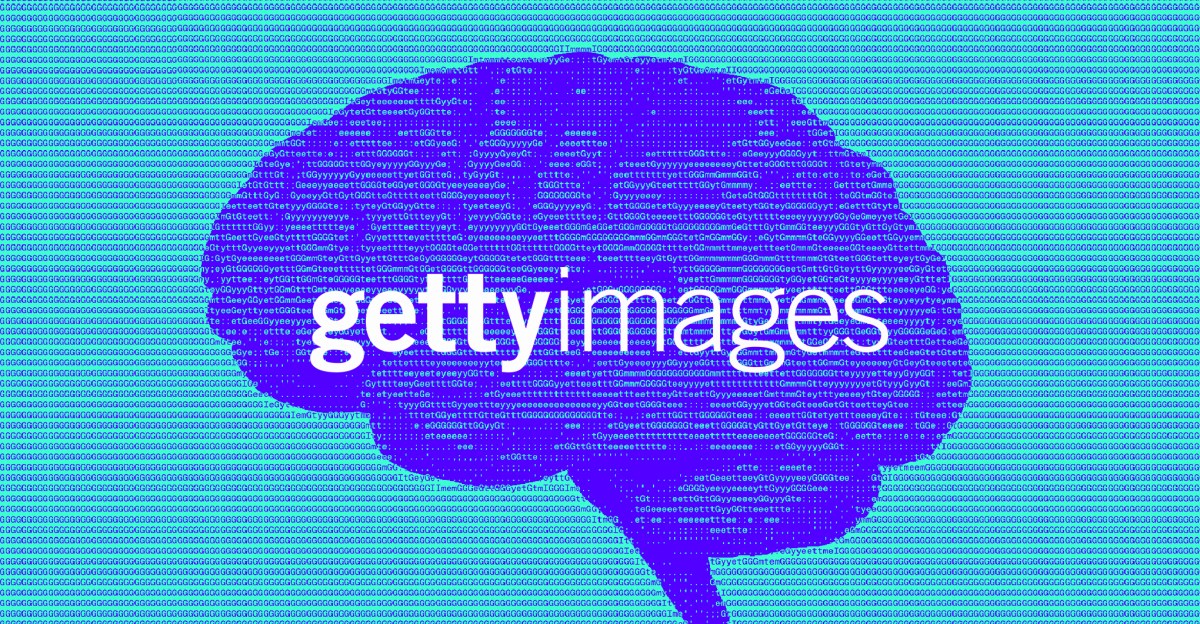Stability AI Wins UK Court Battle with Getty Images, Leaving Copyright Questions Unresolved

Key Points
- Stability AI achieved a partial win in the UK High Court against Getty Images.
- Judge Joanna Smith ruled that Stability infringed Getty’s trademark by reproducing watermarks.
- The claim of secondary copyright infringement was dismissed, citing no storage or reproduction of copyrighted works.
- Getty withdrew its core training‑data argument mid‑trial due to weak evidence.
- The case failed to set a clear precedent on AI training data permissions.
- Getty continues its legal fight in a separate U.S. lawsuit, refiled in California.
- The ruling adds to a wave of AI‑related copyright disputes, including Anthropic’s settlement and Universal Music’s deal with Udio.
Stability AI, the maker of the Stable Diffusion AI art tool, achieved a partial victory in a British High Court case against Getty Images. While the judge ruled that Stability infringed Getty’s trademark by reproducing watermarks, the core claim of secondary copyright infringement was dismissed. The case, the first major AI copyright dispute to reach England’s High Court, failed to establish a clear precedent on whether AI models need permission to train on copyrighted works. Getty continues its fight in a separate U.S. lawsuit, and the decision adds to a growing wave of legal battles between AI firms and creative rightsholders.
Background of the Dispute
Stability AI, known for its popular AI‑generated art platform Stable Diffusion, was sued by Getty Images in 2023. Getty alleged that Stability had unlawfully scraped millions of images from its archive to train its generative model, seeking both copyright and trademark remedies.
High Court Proceedings in England
The case became the first major AI copyright claim to reach England’s High Court. Early expectations suggested it could set a landmark precedent on whether AI systems must obtain permission before training on copyrighted material. However, midway through the trial Getty withdrew its primary argument concerning the training data, citing weak evidence.
Judge Joanna Smith ultimately found that Stability AI had infringed Getty’s trademark by creating images that displayed Getty’s watermarks. Conversely, she rejected Getty’s claim of secondary copyright infringement, stating that Stable Diffusion does not store or reproduce any copyrighted works, thereby limiting the scope of Getty’s relief.
Implications of the Verdict
The ruling offers little clarity for other AI developers and rightsholders. While Stability AI avoided a broader copyright liability, the trademark infringement finding underscores that the use of recognizable watermarks can still trigger legal exposure.
Ongoing Litigation in the United States
Getty Images is pursuing a separate lawsuit in the United States. The case was initially filed in Delaware shortly after the UK proceedings, then voluntarily dismissed and refiled in California in August. Getty hopes the U.S. action will yield a stronger outcome.
Wider Context of AI‑Related Copyright Battles
This dispute joins a growing roster of legal confrontations between AI companies and creative industries. Anthropic recently agreed to a $1.5 billion settlement with a coalition of authors, and Universal Music withdrew its copyright claims against AI startup Udio as part of a strategic partnership to launch an AI‑driven music platform.
Future Outlook
The Stability AI‑Getty decision leaves the central question of AI training data rights in legal limbo, suggesting that future cases will continue to shape the evolving landscape of AI copyright law.